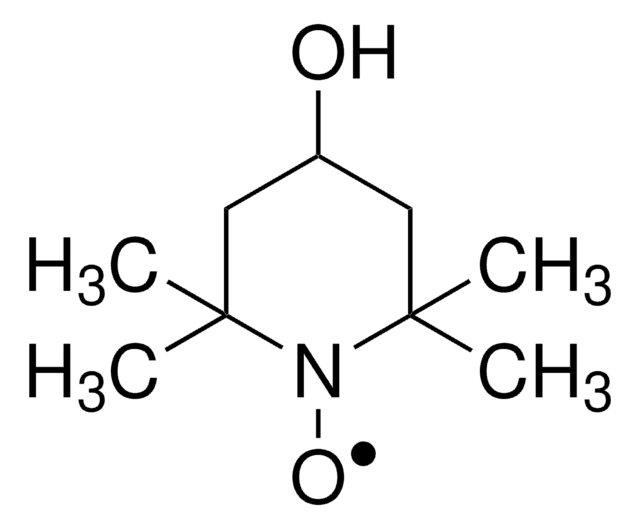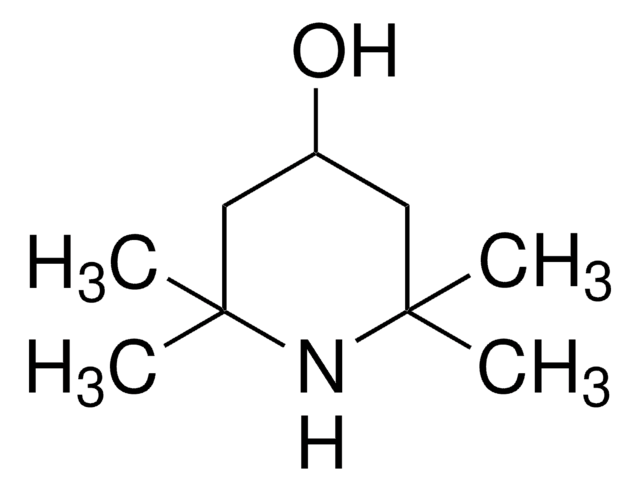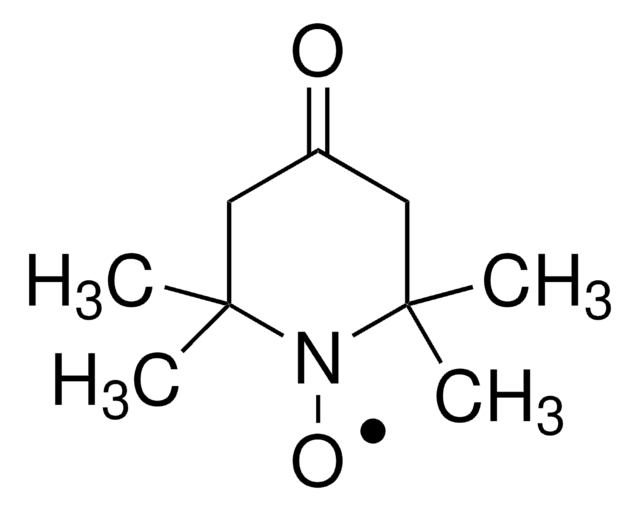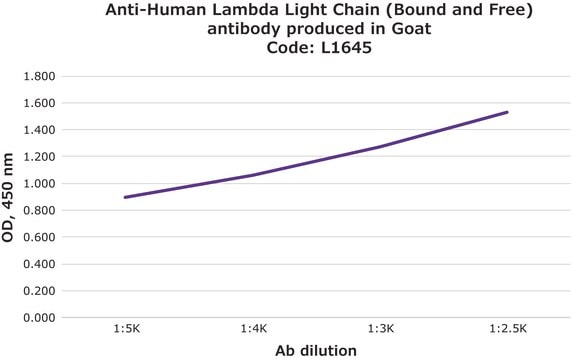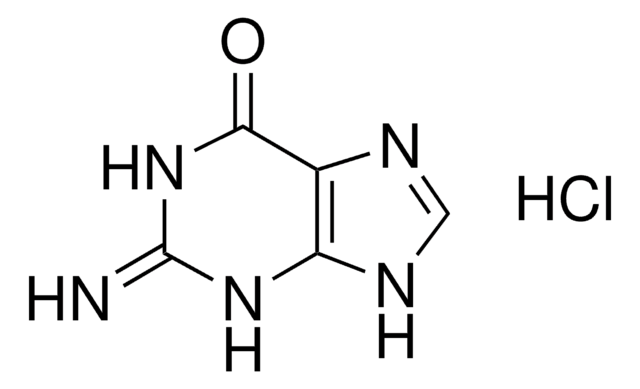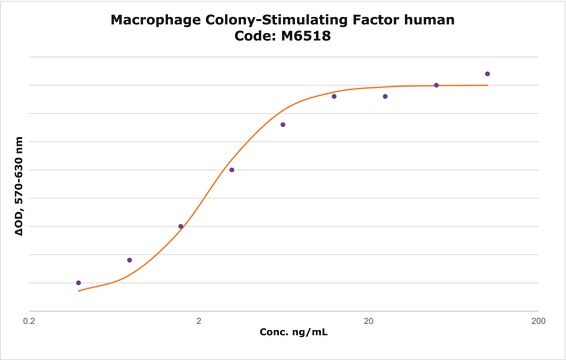C7743
CHPG
≥98% (HPLC), white, solid
Synonym(s):
α-Amino-2-chloro-5-hydroxybenzeneacetic acid, (RS)-2-Chloro-5-hydroxyphenylglycine
Sign Into View Organizational & Contract Pricing
All Photos(1)
About This Item
Empirical Formula (Hill Notation):
C8H8ClNO3
CAS Number:
Molecular Weight:
201.61
MDL number:
UNSPSC Code:
12352200
PubChem Substance ID:
NACRES:
NA.77
Recommended Products
Quality Level
Assay
≥98% (HPLC)
form
solid
color
white
solubility
DMSO: ≥10 mg/mL
H2O: insoluble
storage temp.
2-8°C
SMILES string
NC(C(O)=O)c1cc(O)ccc1Cl
InChI
1S/C8H8ClNO3/c9-6-2-1-4(11)3-5(6)7(10)8(12)13/h1-3,7,11H,10H2,(H,12,13)
InChI key
UNIDAFCQFPGYJJ-UHFFFAOYSA-N
Biochem/physiol Actions
CHPG is a selective, potent mGluR5 agonist. CHO cells expressing mGluR5 (but not those expressing mGluR1) are activated by CHPG. In vivo, CHPG stimulates thalamic neurons and is antagonized by MPEP (selective mGluR5 antagonist); CHPG potentiates NMDA and AMPA responses in spinal cord and produces oscillations in intracellular calcium in dorsal root ganglion cells.
Features and Benefits
This compound is featured on the Glutamate Receptors (G Protein Family) page of the Handbook of Receptor Classification and Signal Transduction. To browse other handbook pages, click here.
Signal Word
Warning
Hazard Statements
Precautionary Statements
Hazard Classifications
Eye Irrit. 2 - Skin Irrit. 2 - STOT SE 3
Target Organs
Respiratory system
Storage Class Code
11 - Combustible Solids
WGK
WGK 3
Flash Point(F)
Not applicable
Flash Point(C)
Not applicable
Personal Protective Equipment
dust mask type N95 (US), Eyeshields, Gloves
Choose from one of the most recent versions:
Already Own This Product?
Find documentation for the products that you have recently purchased in the Document Library.
Xavier Morató et al.
Human molecular genetics, 27(20), 3528-3541 (2018-07-17)
The hippocampus is a key brain region for memory formation. Metabotropic glutamate type 5 receptors (mGlu5R) are strongly expressed in CA1 pyramidal neurons and fine-tune synaptic plasticity. Accordingly, mGlu5R pharmacological manipulation may represent an attractive therapeutic strategy to manage hippocampal-related
Chunjie Li et al.
Molecular neurobiology, 54(7), 5286-5299 (2016-09-01)
Glutamate is one of the major excitatory neurotransmitters of the CNS and is essential for numerous key neuronal functions. However, excess glutamate causes massive neuronal death and brain damage owing to excitotoxicity via the glutamate receptors. Metabotropic glutamate receptor 5
Yan-Gang Sun et al.
The Journal of neuroscience : the official journal of the Society for Neuroscience, 36(30), 7886-7896 (2016-07-29)
Acetylcholine (ACh) signaling is involved in a wide range of processes, including arousal, attention, and learning. An increasing number of studies indicate that cholinergic control of these functions is highly deterministic, mediated by synaptic afferents that generate reliable and precise
Kuniya Honda et al.
Pain, 158(9), 1754-1764 (2017-06-18)
Peripheral tissue inflammation or injury causes glutamate release from nociceptive axons, keratinocytes, and Schwann cells, resulting in thermal hypersensitivity. However, the detailed molecular mechanisms underlying glutamate-induced thermal hypersensitivity are unknown. The aim of this study was to clarify the involvement
Jiang Chang et al.
Brain research bulletin, 146, 1-6 (2018-12-07)
Reticulons (RTNs) are a group of membrane-bound proteins that are dominantly localized to the endoplasmic reticulum (ER). RTN1-C, one isoform of RTNs highly expressed in the brain, has been shown to mediate neuronal injury in cerebral ischemia models. The aim
Our team of scientists has experience in all areas of research including Life Science, Material Science, Chemical Synthesis, Chromatography, Analytical and many others.
Contact Technical Service
